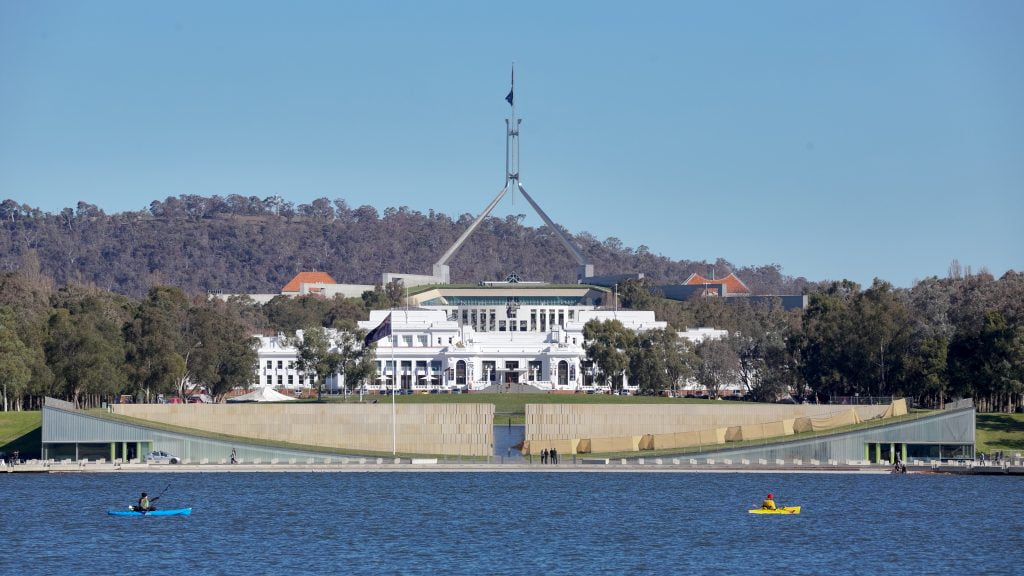A public hearing into the federal government’s highly controversial facial recognition database plans has been cancelled at the last minute.
The Parliamentary Joint Committee on Intelligence and Security (PJCIS) is currently conducting an inquiry into two government bills centred on the creation of a national biometrics database with data provided by state and territory governments, to be used by various authorities, agencies and departments.
The Identity-Matching Services Bill and Australian Passports Amendment (Identity-matching services) Bill are “intended to facilitate the secure, automated and accountable exchange of identity information between the Commonwealth and state and territory governments”.

They pave the way for the launch of a $20 million National Facial Biometric Matching Capability, and were first introduced early last year but lapsed upon the May federal election.
The Coalition has flagged its intent to still pursue the bills, and the PJCIS subsequently reopened its inquiry into the measures.
The new powers have raised significant concerns over broad surveillance, privacy and data security, and 40 submissions were received as part of the inquiry.
A public hearing had been slated to be held in Canberra on Friday, with witnesses to include the Australian Human Rights Commission, the Law Council of Australia, the Human Rights Law Centre, ASIO and the Department of Home Affairs.
But last week the public hearing was abruptly cancelled.
The PJCIS secretariat confirmed to InnovationAus.com that the hearing had been cancelled, and was unlikely to be held at a later date.
“The committee has considered its forward work program and has chosen to make some amendments. At this stage, no date has been set for a further public hearing on these bills,” the secretariat told InnovationAus.com.
Electronic Frontiers Australia policy committee chair Angus Murray, who was also scheduled to give evidence at the inquiry, said the bills would infringe on the rights of all Australians.
“It is our view that the scope of the bills dramatically and inappropriately exceeds Australia’s reasonable expectations to human rights protections, including the right to privacy and freedom of association,” Mr Murray said.
“It is incongruous to accept that a person who obtained a driver’s licence in 2005 would have consented that their licence photo would have been used for anything other than roadside identification purposes. We look forward to hearing when the public hearing will be rescheduled.”
Several submissions to the inquiry raise significant concerns with the government’s legislation.
The Human Rights Legal Centre urged the government to abandon it, labelling it “sloppy and dangerous”, and “dangerously over-broad” and lacking in safeguards.
The new bills would “effectively hand control of powerful new forms of surveillance to the Home Affairs department with virtual carte blanche to collect and use some of the most sensitive personal data”.
“The laws are a recipe for disaster, they put at risk everyone’s privacy and contain no meaningful safeguards. This law is sloppy, it’s dangerous and it has no place in a democracy. Frankly, these proposed laws are something you’d expect in an authoritarian state, they do not belong in a liberal democracy,” the HRLC submission said.
Last month it was revealed that Victoria would be the first state to test out the biometrics database. The state government will soon uploaded driver licence data to its own digital platform, which will soon be transferred to the federal national biometrics database.
After three months of testing and checks, the database is expected to be operational by the end of the year.
But before the government’s legislation passes Parliament, access to the Victorian data will be restricted to just VicRoads and Victoria Police.
Do you know more? Contact James Riley via Email.

